This month the Alliance is hosting calls between social experts and the Alliance Board to build relationships and deepen our mutual understanding. Based on recommendations from human and labor rights experts last year, we’ll also assemble a Working Group to create 2030 social responsibility goals for the Alliance.
I’ve been reading the latest social responsibility papers in preparation for that work, and want to share some highlights with this community. First, I came across this quote on Decent Work:
“Recent uptake of human rights-based approaches by environmental and fisheries researchers builds upon a long history of work by human rights NGOs and trade unions…as well as international agencies such as the ILO and the International Maritime Organization (IMO), which have promoted decent work and human rights protections for seafarers and fishers for decades through targeted in-country work and international standard-setting.”
Garcia Lozano et al. 2022
It reinforced what I’ve heard in many conversations: we need to better honor and acknowledge the long history of work by human and labor rights practitioners. While our movement is evolving to focus on the environmental and social responsibility of seafood, that is only possible because of the decades of work conducted by human rights NGOs, labor unions, international agencies, and many others.
Beyond this, the seafood movement needs to appreciate and share gratitude for this ground-breaking work by social experts to create internationally-accepted human and labor rights standards along with guidance for companies and States. As Executive Director of the Alliance, I commit to continuing a dialogue with social experts so we can learn from their work and find ways to connect the environmental and social improvement efforts.
Now on to what I’ve been reading. These papers arrive at an excellent time when the Alliance Staff, Board, and the Global Hub are actively discussing approaches to social responsibility, the proliferation of tools, and how to best incorporate social responsibility into our work. These are great resources for the Alliance Global Hub to learn from about the latest thinking and approaches to human and labor rights, and I encourage everyone to read them.
“A practical take on the duty to uphold human rights in seafood workplaces” 2022
Authors Nakamura, Ota, and Blaha (an Alliance Board member) present a succinct introduction to international legal frameworks and guidance on human rights and seafood and the operational requirements needed to prevent forced labor, uphold universal rights, and ensure fair recruitment and safe work. I appreciate the equity considerations in this paper, along with the examples that explain why certain conditions persist.
“Decent work in fisheries: Current trends and key considerations for future research and policy” 2022
Garcia Lozano et al. (with many Alliance Global Hub coauthors) use ‘decent work’ as a framework for a review of the research landscape and improvements needed on labor rights. This paper captures the most discussed labor rights concepts including worker-led social responsibility (WSR) efforts; the right to free association and collective bargaining; and the benefits and potential shortcomings of certifications, CSR initiatives, and certain worker voice approaches.
“The Effectiveness of Human Rights Due Diligence for Preventing Business Human Rights Abuses” 2021
McCorquodale & Nolan give a history of human rights due diligence (HRDD) in the UN Guiding Principles on Business and Human Rights. The paper evaluates the effectiveness of business and State implementation, along with engagement of rights holders. In evaluating business effectiveness, the paper points to World Benchmarking Alliance’s Corporate Human Rights Benchmark (a Global Hub member). The paper’s conclusion notes effective HRDD must not only shine a light on abuses and act as a disclosure mechanism but be a “holistic and ongoing process.” And that “it is essential that business accepts HRDD as a mechanism that demands a change in decision-making approaches and substantive compliance with human rights standards, rather than merely symbolic compliance.”
In this paper, Sparks et al. compare market-based and worker-driven solutions that seek to address and uphold human and labor rights in the seafood industry. The authors observe a shift from “binding, state-based regulations and sanctions to voluntary, market-based standards and sanctions to mitigate environmental harms being replicated for human and labor rights in seafood.” The paper goes on to review standards used in the seafood industry on human and labor rights and compare their content to seven rights-based principles. In its conclusion, the paper notes that: “Even in the ideal circumstances, voluntary non-governmental social governance tools are an adaptive strategy to do less harm. Instead of increased investment in these voluntary tools, seafood brands and retailers need to encourage the sector’s movement toward a more transformational, transparent, and worker-centric approach, such as worker-driven models of labour participation, monitoring, and remediation.”
Last but not least, I read this report from MSI Integrity. It notes that multi-stakeholder initiatives (MSIs) proliferated in the last few decades and became the standard for voluntary business and human rights initiatives, noting that today “multi-stakeholderism had evolved from a new and untested experiment in global governance into a widely accepted solution to international human rights abuses.” The report concludes that “MSIs are not effective tools for holding corporations accountable for abuses, protecting rights holders against human rights violations, or providing survivors and victims with access to remedy.” However, the report does note that MSIs can be important platforms for learning, dialogue, and trust-building between stakeholders.
Many thanks to these authors for writing about the latest considerations and approaches to human and labor rights due diligence, especially in seafood. I look forward to reflecting and discussing the role of the Alliance at this intersection of environmental and social improvements.
As an Alliance, I hope we continue to learn about the best approaches to social responsibility from a place of curiosity and collaboration, in order to learn from experts and support their work.
